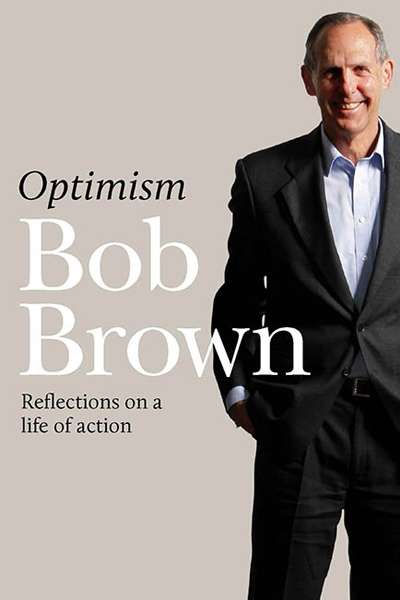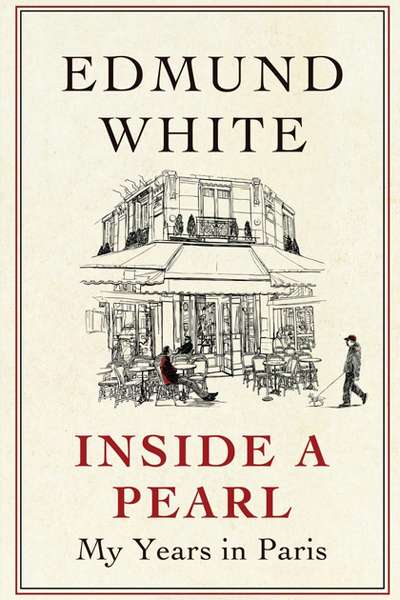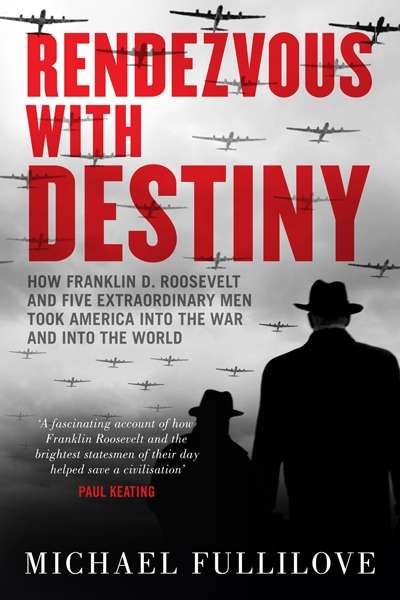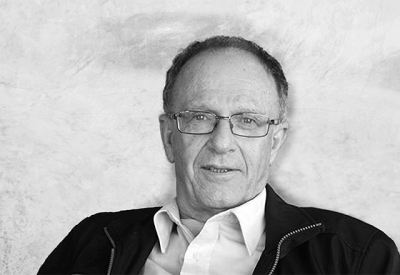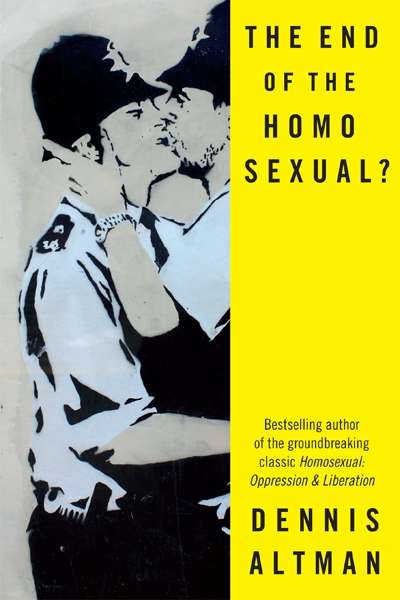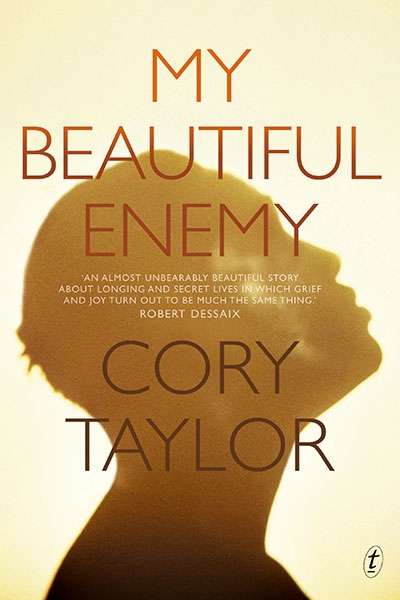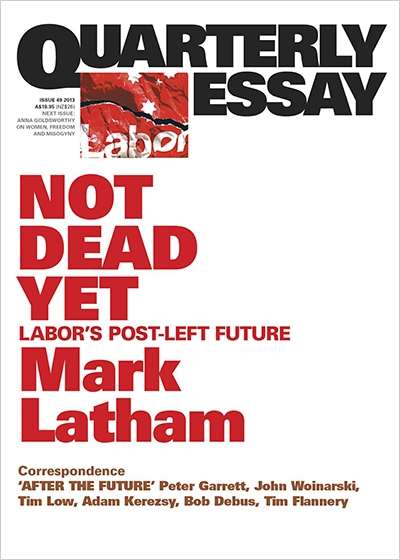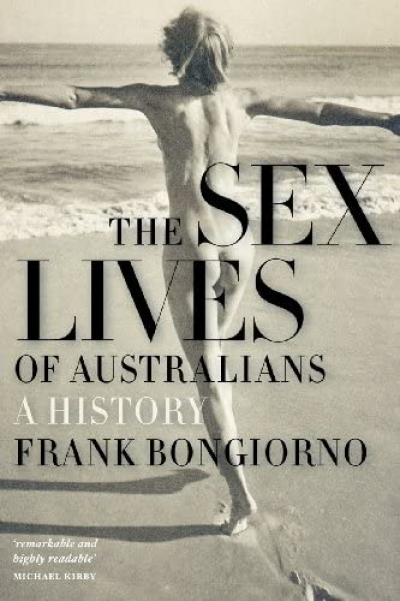Dennis Altman
Intimate times
Dear Editor,
Tim Byrne, in his review of Meredith Burgmann’s Dirty Secrets: Our ASIO Files badly misread my complaints about my records. He writes that my [and Gary Foley’s] ‘movements were intimately tracked’. The whole ...
Rendezvous with Destiny: How Franklin D. Roosevelt and Five Extraordinary Men took America into the War and into the World by Michael Fullilove
I think we all write out of a mixture of egoism and a need to work out how we understand the world – ‘writing as therapy’. Luckily, I have only rarely felt the need to write to fulfil the demands of academia, which are producing vast amounts of ‘writing’ that benefits no one and is a strain on those forced to produce it.
... (read more)Not Dead Yet: Labor’s Post-left Future (Quarterly Essay 49) by Mark Latham
The Sex Lives of Australians: A History by Frank Bongiorno
Oz Lit at Melbourne University
Dear Editor,
The English program at the University of Melbourne has offered courses on Australian literature every year since 1982, when it was first introduced as a full seminar subject. Stephanie Guest’s article in last month’s issue of ABR, ‘Oz Lit in the Moot Court Room: Finding Australian Literature at the ...

